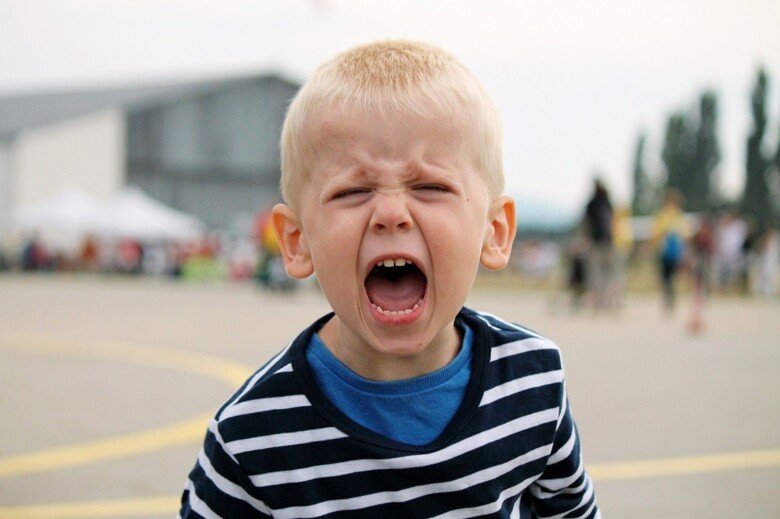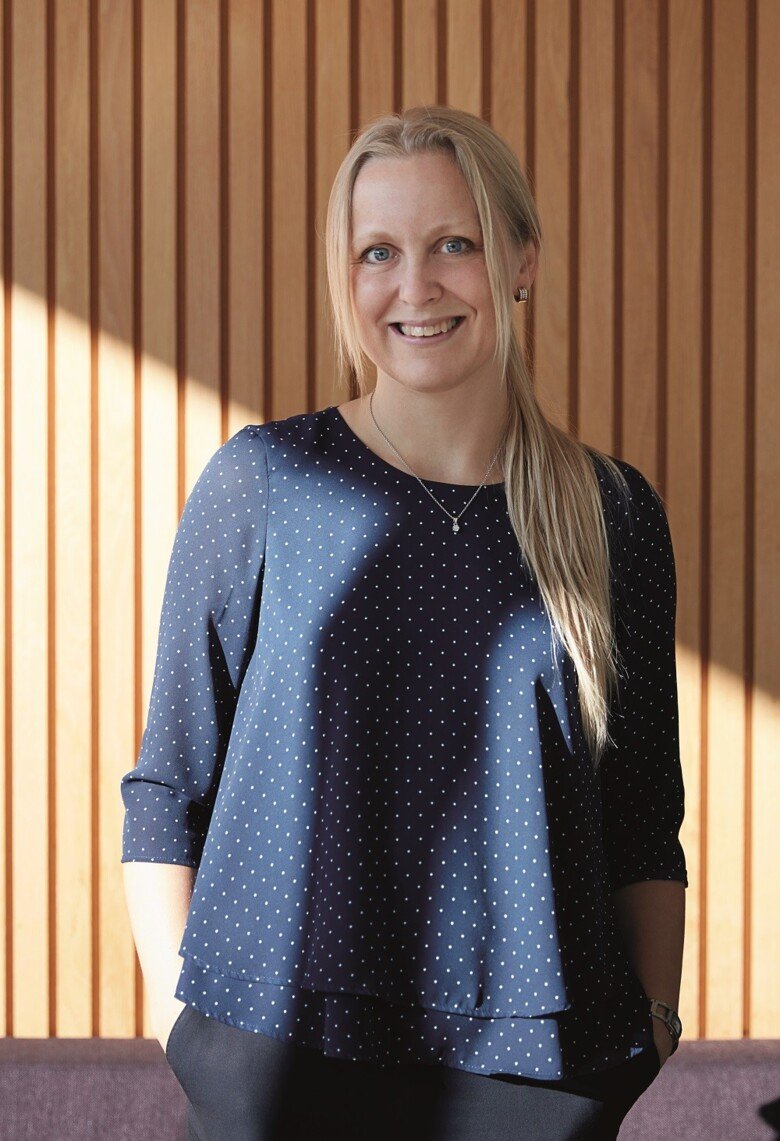“A coherent national approach to parenthood support is required”
Parent-support programmes can help children to escape cycles of severe disobedience and aggressiveness, shows research. Early initiatives can also reduce the risk of behavioural problems later in life. However, not all parents are reached by these programmes.
Text: Agneta Borgström, first published in Swedish in the magazine Medicinsk Vetenskap no 1, 2018.

It is entirely normal for children to be disobedient and not do exactly as we say during certain stages of life. However, some families live with harrowing, seemingly intractable conflicts on a daily basis. It is also well-known that the early onset of serious behavioural problems, for example outbursts of aggression, disobedience and difficulty in associating with friends, increases the risk of problems persisting into the teenage years, with the attendant risk of escalation.
However, with the help of parent-support programmes, it is often possible to stop such a development, believes Pia Enebrink, a psychologist working at Karolinska Institutet’s Department of Clinical Neuroscience. Pia and her fellow researchers at Lund University and Örebro University have recently compared four common parent-support programmes for children between the ages of three and twelve years old. These are already in use internationally as well as in Sweden. The aim of the researchers was to ascertain the extent to which these worked in Sweden and whether any of them appeared to be more effective in reducing behavioural problems.
Three of the programmes evaluated – The Incredible Years, COPE and KOMET – are based on the principles of Cognitive Behavioural Therapy (CBT). In all of these CBT-based programmes, parents learn concrete strategies for halting, or at least managing, difficult situations involving their children in a structured manner.

“First and foremost, it is a matter of strengthening relationships and interactions between parents and children. This takes place through spending time with one another, playing or simply socialising. Parents are also able to train in focusing on the positive elements of the relationship,” explains Pia Enebrink.
By establishing clear routines and rules, it is often possible to avoid many potential conflicts. At the same time, parents practise setting boundaries and explaining consequences.
“Naturally, it is important that parents are able to say no, even if this can be done in a number of ways. The training attempts to help parents to say no, without this inevitably leading to unnecessary conflicts. It is also wise to choose one’s battles; some behaviour can perhaps best be countered by not paying any attention to it,” continues Pia Enebrink.
The fourth programme included in the study is based on Attachment Theory and has a particular emphasis on using reflection to increase parental sensitivity to the child’s experience as well as improve the parent’s ability to deal with their own emotions.
Parents of some 1,100 children
During the study, researchers investigated the parents of some 1,100 children who were randomly assigned to one of the four programmes or to a control group (either a waiting list or a self-help book). Parents responded to questions regarding the child’s behaviour, ADHD symptoms, their own parenting strategies and wellbeing prior to and directly after the study and at a one and two-year follow-up.
The results showed that all programmes improved the child’s behaviour, even leading to a decrease in ADHD symptoms. Approximately half of the children with serious problems were helped, even if not all behavioural problems were eliminated. Researchers also saw an improvement in parenting skills in that parents were better able to deal with their children, with fewer angry outbursts and other negative behaviour aimed at the child. Those programmes based on CBT-like methods provided help more quickly.
“After only three months, we saw an improvement in the behaviour and wellbeing of children when these methods were applied. However, after two years, we were able to see improvements from all four programmes, with no clear differences in effect. It appears that one important aspect is that parents are provided with structural support and strategies on how to behave, although this can be achieved in different ways and with varying rates of progress,” says Pia Enebrink
From time to time, it may also be necessary to engage other forms of help, for example couples therapy for parents in dysfunctional relationships, or anger management for children.
Children up to 12 years of age
Parent support has generally been evaluated for parents of children up to 12 years of age. It is normally necessary to make an adaption when dealing with teenagers.
“At this stage, school, friends and others in society become increasingly important and more influential, meaning that support must be aimed more directly at the teenager,” says Pia Enebrink.
Even if several of the programmes are currently available in Sweden, not all parents are reached or offered the opportunity to participate. Pia Enebrink believes that one important issue is the question of who should be responsible for training, implementation and the ongoing evaluation and development of programmes in Sweden.
“I believe that a coherent national approach is required.”
Her research group has also evaluated internet-based parent support and shown similar results.
“This is positive news, as internet-based programmes can be implemented nationwide and accessed by parents at a time that suits them and no matter where in the country they live,” she says.
More prone to outbursts
Pia Enebrink points out that it can be more challenging to raise certain children, for example those more prone to outbursts. Even those with low empathy may prove more difficult to handle.
“They don’t always care how their behaviour affects others. As yet, we are not entirely sure what the best type of treatment is for them.”
She remembers from earlier work in child and adolescent psychiatry in Stockholm the joy that can be imparted to a family when they receive help; how a disruptive child can once again participate in ice hockey and school work.
“It gives me a genuine feeling of happiness to be able to reach parents and children with the aid of these evidence-based methods,” says Pia Enebrink.
Facts: How can parents help their children?
- Play and socialise with the child to build a good relationship.
- Prepare the child for anything new, challenge and praise them.
- Reward and encourage the child to make progress.
- Ignore and divert.
- Maintain the rules and ensure there are consequences for certain behaviour.
- Be a problem solver.
- Prevent problems by staying one step ahead.
Source: Pia Enebrink
